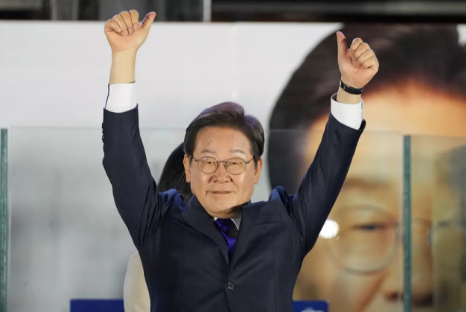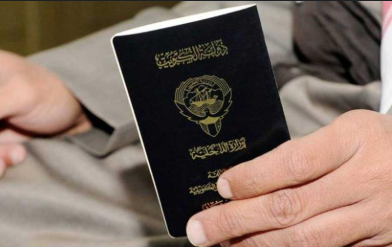
As of June 4, Jae-myung has been elected as he new president of South Korea following the snap election held on June 3, 2025. Nearly 100% of the ballots counted, Lee secured 49.2 % of the votes, defeating his conservative rival Kim Moon-soo. Kim Moon-soo received 41.15%. Lee, who is a 61-year-old former human rights lawyer, ran on a platform of uniting the divided nation and preventing a repeat of the previous administration’s controversial actions, such as the declaration of martial law. Jae-myung’s win ends months of political turmoil under the presidency of former President Yoon Suk Yeol
Bierabl opposition leader Lee Jae-myung has been elected president of South Korea, the country’s National Election Commission has officially declared, following a decisive victory in a snap election triggered by the impeachment of his predecessor, Yoon Suk Yeol, over his failed attempt to impose martial law.
Lee secured 49.3 % of the vote, defeating Kim Moon-soo of the conservative People Power Party (PPP), who garnered 41.3% with over 99% of ballots counted. Kim told the journalists, “I humbly accept the people’s choice.”I congratulate President-elect Lee and wish him success.”
His victory has, marked an end to political upheaval triggered by the short-lived martial law which was imposed by conservative President Yoon Suk Yeol.
On 3rd December 2024, Yoon Suk Yeol, the president of South Korea, declared martial law during his televised address. In his declaration, Yoon accused the Democratic Party (DPK) of conducting “anti-state activities and collaborating with ‘North Korean communists'” to destroy the country by creating a “legislative dictatorship.”
An earlier exit poll by South Korean broadcasters revealed KBS, MBC, and SBS projected Lee to win 51.7 % of the vote, well ahead of Kim’s 39.3%. Pre-election polls had also indicated a likely victory for Lee. This was fueled by widespread public anger towards the conservatives following Yoon’s controversial imposition of martial law.
The voter turnout reached nearly 80% of South Korea’s 44.39 million eligible voters. This was the highest in a presidential election since 1997. Addressing supporters outside parliament after polls closed, he pledged to serve with responsibility and bring unity to a divided nation. “We can overcome this temporary difficulty with the combined strength of our people, who have great capabilities.”
Lee’s presidency represents a return to progressive governance. His campaign emphasized restoring democratic norms, addressing income inequality, and recalibrating South Korea’s economic model toward inclusiveness. Liberal leader Lee’s most ambitious domestic initiative is the introduction of a Universal Basic Income 9UBI), starting with targeted groups such as youth and farmers. He aims to expand it nationally. This is complemented by UBS, which would ensure better access to healthcare, education, and housing. These reforms are intended to close the widening income gap and stimulate domestic consumption. This became crucial in showing the global economy. Another focus will be housing affordability, with plans to construct a million “basic homes” to reduce real estate speculation and give young families a stable foothold.
In the economic sphere, he is promoting technological self-reliance. His administration is investing over 100 trillion won in the AI and semiconductor sectors to maintain South Korea’s competitive edge and reduce dependency on global supply chains. He is offering tax credits to incentivize domestic manufacturing of semiconductors.
Lee also seeks to triple the size of Korea’s cultural export industry—including K-pop, webtoons, and film—aiming for $211 billion in revenue by 2030. These policies reflect an effort to diversify the economy and enhance South Korea’s soft power on the global stage.
On the foreign policy front, Lee seeks to maintain South Korea’s security alliance with the United States while rebalancing relations with China through pragmatic diplomacy. He also advocates for reopening dialogue with North Korea, combining engagement with deterrence to ensure regional stability. His approach contrasts with the hawkish policies of the previous administration, aiming instead for a middle path between confrontation and concession.
Finally, Lee is expected to push for political reforms that enhance transparency and accountability. He supports the introduction of a recall system for lawmakers and stronger governance rules for South Korea’s powerful conglomerates (chaebols). These steps are designed to combat corruption, increase civic participation, and protect minority shareholders in corporate governance.
Keep Reading Questiqa.com for more such analysis and reports.




